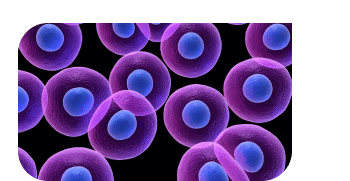
-200h-200h.webp) Contract Research
Contract ResearchServices
-200h-200h.webp) In-house Research
In-house Research& Development
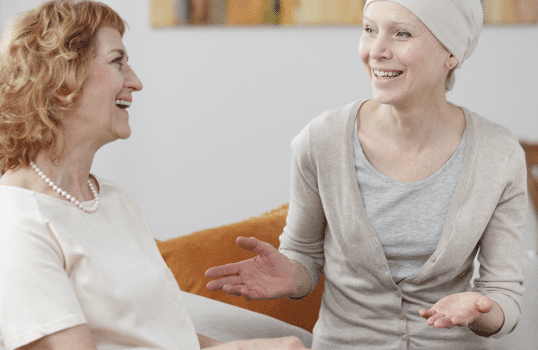
Guiding Patients to the right Immunotherapy approach
By evaluating the tumor's mutational burden, this validated approach identifies patients likely to respond to immunotherapy, offering a targeted treatment pathway ensuring a personalized match with the most effective therapies, reducing side effects, and potentially increasing survival in advanced cancers.
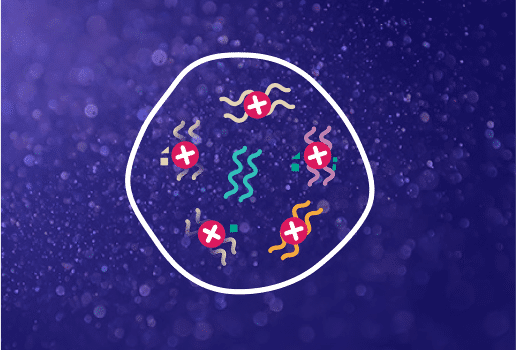

Transforming early prostate cancer detection through urine liquid biopsy technology
ProstateFocus revolutionises early prostate cancer detection with a non-invasive, highly accurate urine test, detecting early curable cancer and reducing unnecessary procedures.
-1200w.png)
Research & Development Programmes
Theranostic patient-centered strategies are often directed against complex and redundant growth signalling networks from surface ligands and receptors through transducers to downstream effector molecules.
Oncologica’s alternative genetic testing approach is to target the cell cycle machinery, which acts as a convergence point for information transduced through upstream signalling networks and therefore represents an exceptionally attractive diagnostic and therapeutic target.
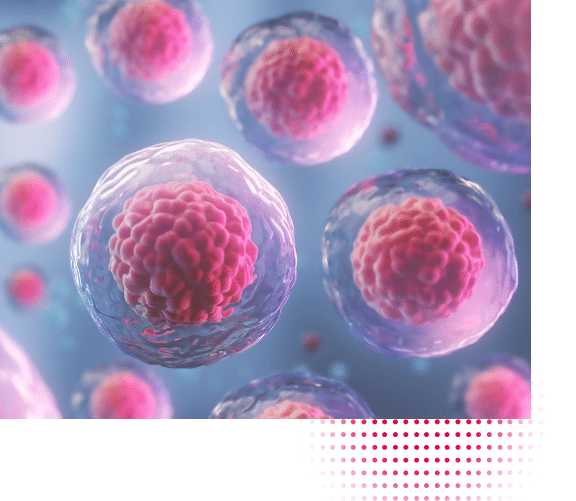
About Oncologica
Globally 18 million people are diagnosed with cancer every year resulting in 10 million deaths and notably cancer rates are predicted to rise by another 50% in the next decade.Oncologica is addressing this healthcare crisis in two ways. The first is to harness innovative technologies such as Artificial Intelligence (AI) to develop new ways for screening people for early cancer when it is still at a curable stage. The second approach is for the treatment of more advanced disease in which we are harnessing the power of cancer genomics and molecular pathology to match a patients’ cancer with the the most appropriate new personalised treatments.
Our R&D programmes in early cancer detection and treatment are being driven forward by the recent ground breaking advances in innovative technologies such as AI based algorithms, digital pathology and high-throughput precision genomics helping us provide the best possible solutions to address the worldwide epidemic in cancer
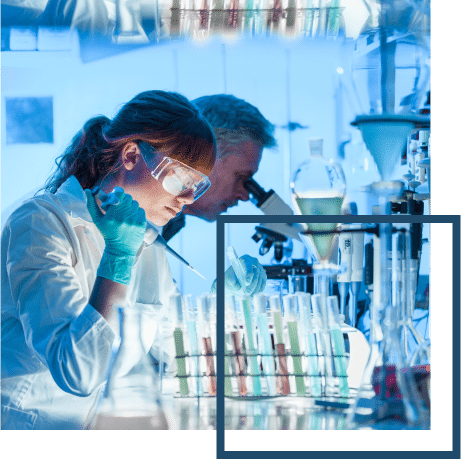
-min-200h.png)

-1200w.png)
